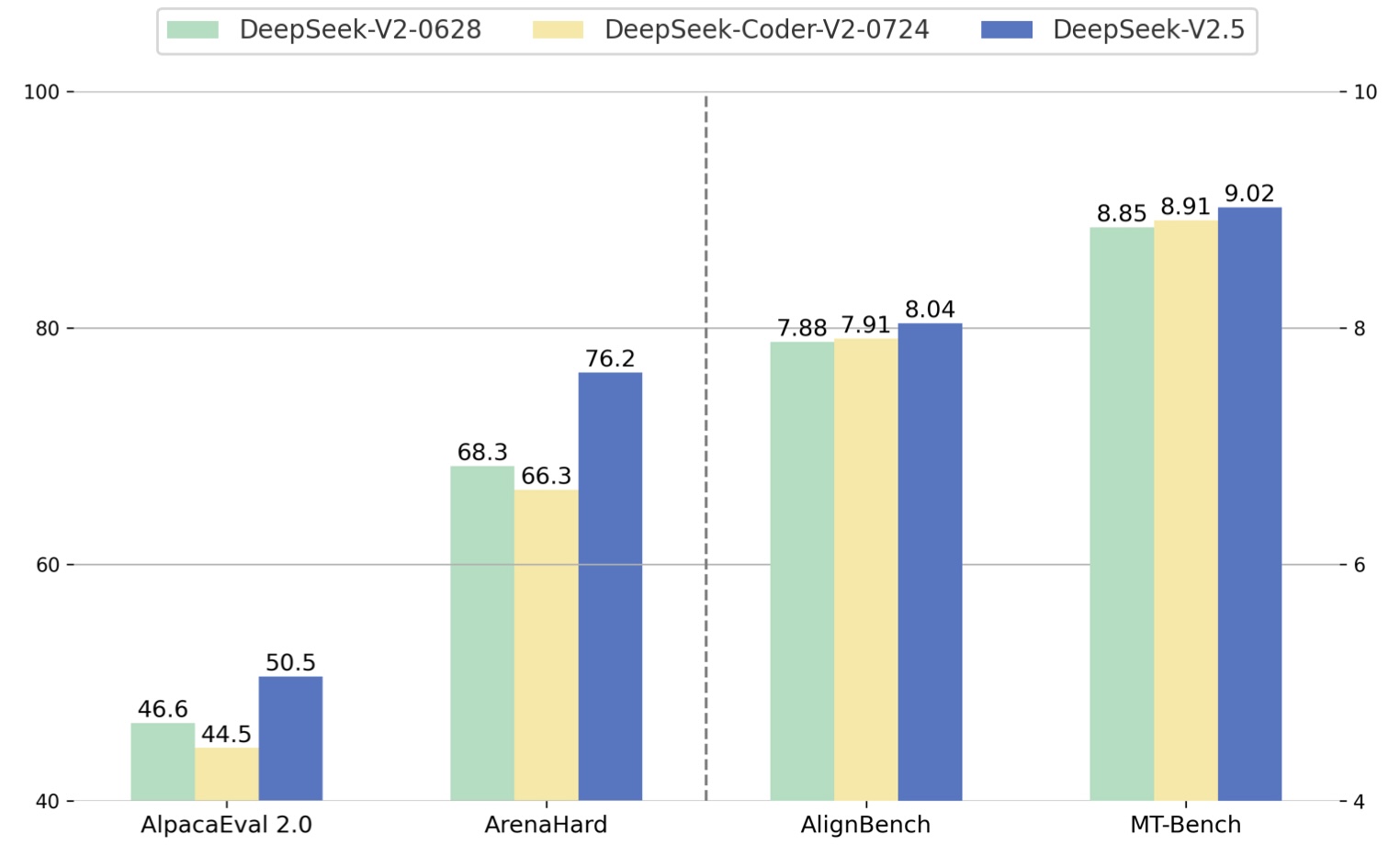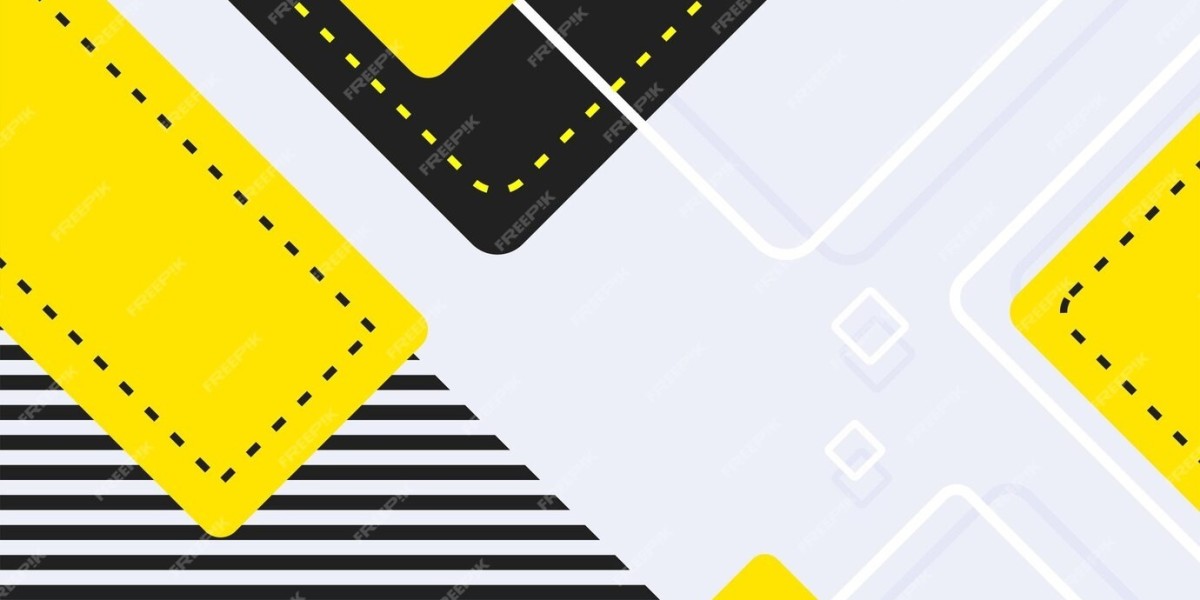Artificial Intelligence (AI) is reinventing education while making discovering more available but likewise stimulating arguments on its effect.

While trainees hail AI tools like ChatGPT for enhancing their learning experience, speakers are raising issues about the growing reliance on AI, which they argue fosters laziness and weakens academic stability, especially with numerous students unable to protect their assignments or offered works.
Prof. Isaac Nwaogwugwu, a speaker at the University of Lagos, in an interview with Nairametrics, expressed frustration over the growing reliance on AI-generated responses among trainees stating a current experience he had.
RelatedStories
Avoid sharing personal details that can identify you with AI tools- Expert alerts
Chinese AI app DeepSeek sparks international tech selloff, obstacles U.S. AI dominance
"I gave a project to my MBA trainees, and out of over 100 students, about 40% sent the exact same responses. These students did not even understand each other, however they all utilized the same AI tool to produce their responses," he stated.
He kept in mind that this pattern is widespread amongst both undergraduate and postgraduate students however is particularly worrying in part-time and distance knowing programs.
"AI is a severe difficulty when it comes to assignments. Many students no longer believe critically-they simply browse the web, produce answers, and submit," he included.
Surprisingly, some lecturers are likewise implicated of over-relying on AI, setting a cycle where both teachers and trainees turn to AI for benefit rather than intellectual rigor.
This dispute raises vital questions about the role of AI in scholastic stability and trainee advancement.
According to a UNESCO report, while ChatGPT reached 100 million monthly active users in January 2023, just one country had actually released policies on generative AI as of July 2023.
Since December 2024, ChatGPT had over 300 million individuals using the AI chatbot weekly and 1 billion messages sent out every day around the globe.
Decline of scholastic rigor
University speakers are significantly concerned about students sending AI-generated projects without really comprehending the material.

Dr. Felix Echekoba, oke.zone a lecturer at Nnamdi Azikiwe University, revealed his concerns to Nairametrics about trainees significantly relying on ChatGPT, just to have problem with addressing basic questions when tested.
"Many trainees copy from ChatGPT and submit refined tasks, however when asked basic concerns, they go blank. It's disappointing since education is about learning, not just passing courses," he said.
- Prof. Nwaogwugwu explained that the increasing number of superior graduates can not be entirely credited to AI however admitted that even high-performing students use these tools.
"A first-class trainee is a first-class trainee, AI or not, however that does not imply they do not cheat. The advantages of AI may be peripheral, but it is making trainees reliant and less analytical," he said.
- Another lecturer, archmageriseswiki.com Dr. Ereke, from Ebonyi State University, raised a various issue that some speakers themselves are guilty of the exact same practice.
"It's not just trainees utilizing AI lazily. Some speakers, out of their own laziness, create lesson notes, course outlines, marking plans, and even examination questions with AI without evaluating them. Students in turn utilize AI to create responses. It's a cycle of laziness and it is eliminating genuine learning," he regreted.
Students' viewpoints on usage
Students, on the other hand, state AI has improved their learning experience by making academic products more understandable and available.
- Eniola Arowosafe, wiki.lafabriquedelalogistique.fr a 300-level Business Administration student at Unilag, shared how AI has significantly assisted her learning by breaking down complex terms and providing summaries of prolonged texts.
"AI assisted me understand things more easily, particularly when dealing with complex subjects," she explained.
However, she remembered an instance when she used AI to send her job, just for her lecturer to right away recognize that it was produced by ChatGPT and decline it. Eniola noted that it was a good-bad result.
- Bryan Okwuba, who recently finished with a first-rate degree in Pharmacy Technology from the University of Lagos, photorum.eclat-mauve.fr strongly thinks that his academic success wasn't due to any AI tool. He attributes his impressive grades to actively engaging by asking concerns and focusing on locations that speakers emphasize in class, as they are typically shown in exam concerns.
"It's all about existing, taking note, and tapping into the wealth of knowledge shared by my colleagues," he said,
- Tunde Awoshita, a final-year marketing trainee at UNIZIK, admits to sometimes copying straight from ChatGPT when facing several deadlines.
"To be honest, there are times I copy straight from ChatGPT when I have numerous due dates, and I understand I'm guilty of that, many times the lecturers do not get to review them, but AI has also helped me find out faster."
Balancing AI's function in education
Experts believe the solution lies in AI literacy; mentor trainees and speakers how to utilize AI as a knowing aid instead of a shortcut.
- Minister of Education, Dr. Tunji Alausa, highlighted the integration of AI into Nigeria's education system, stressing the significance of a balanced method that preserves human involvement while utilizing AI to improve finding out results.
"As we navigate the quickly evolving landscape of Artificial Intelligence (AI), it is important that we prioritise human company in education. We need to ensure that AI improves, rather than changes, teachers' crucial role in forming young minds," he stated
Concerns over AI in Learning
Dorcas Akintade, a cybersecurity transformation expert, dealt with growing issues concerning making use of synthetic intelligence (AI) tools such as ChatGPT and their prospective risks to the academic system.
- She acknowledged the advantages of AI, nevertheless, highlighted the need for care in its usage.
- Akintade highlighted the increasing resistance amongst educators and schools toward integrating AI tools in finding out environments. She determined two primary reasons AI tools are dissuaded in academic settings: security risks and plagiarism. She explained that AI tools like ChatGPT are trained to respond based upon user interactions, which might not line up with the expectations of educators.
"It is not looking at it as a tutor," Akintade said, discussing that AI does not deal with specific mentor methods.
Plagiarism is another concern, as AI pulls from existing information, often without correct attribution
"A great deal of people require to understand, like I said, this is data that has actually been trained on. It is not simply bringing things out from the sky. It's bringing info that some other individuals are fed into it, which in essence suggests that is another individual's paperwork," she cautioned.
- Additionally, Akintade highlighted an early issue in AI advancement understood as "hallucination," where AI tools would generate info that was not accurate.
"Hallucination suggested that it was drawing out info from the air. If ChatGPT could not get that details from you, it was going to make one up," she explained.

She recommended "grounding" AI by providing it with particular details to prevent such mistakes.

Navigating AI in Education
Akintade argued that banning AI tools outright is not the solution, especially when AI presents an opportunity to leapfrog traditional educational methods.
- She believes that consistently strengthening key information helps people remember and avoid making mistakes when faced with challenges.
"Immersion brings conversion. When you tell people the very same thing over and over again, when they will make the errors, then they'll remember."
She also empasized the requirement for clear policies and treatments within schools, noting that numerous schools ought to address individuals and procedure aspects of this use.
- Prof. Nwaogwugwu has resorted to in-class projects and tests to counter AI-driven academic dishonesty.
"Now, I mainly utilize projects to guarantee students provide original work." However, he acknowledged that managing large classes makes this technique hard.
"If you set complicated concerns, students will not have the ability to utilize AI to get direct answers," he discussed.
He emphasized the need for universities to train lecturers on crafting exam questions that AI can not easily resolve while acknowledging that some speakers battle to counter AI misuse due to an absence of technological awareness. "Some lecturers are analogue," he stated.
- Nigeria launched a draft National AI Strategy in August 2024, focusing on ethical AI development with fairness, transparency, yewiki.org accountability, and privacy at its core.
- UNESCO in a report requires the policy of AI in education, advising institutions to audit algorithms, information, and outputs of generative AI tools to guarantee they fulfill ethical requirements, protect user information, and filter inappropriate material.
- It worries the requirement to assess the long-term effect of AI on vital abilities like believing and demo.qkseo.in imagination while creating policies that line up with ethical frameworks. Additionally, UNESCO advises executing age constraints for GenAI usage to safeguard more youthful trainees and safeguard vulnerable groups.
- For federal governments, it recommended embracing a coordinated nationwide approach to regulating GenAI, including establishing oversight bodies and lining up guidelines with existing data protection and personal privacy laws. It highlights evaluating AI dangers, enforcing more stringent rules for high-risk applications, and guaranteeing nationwide data ownership.








